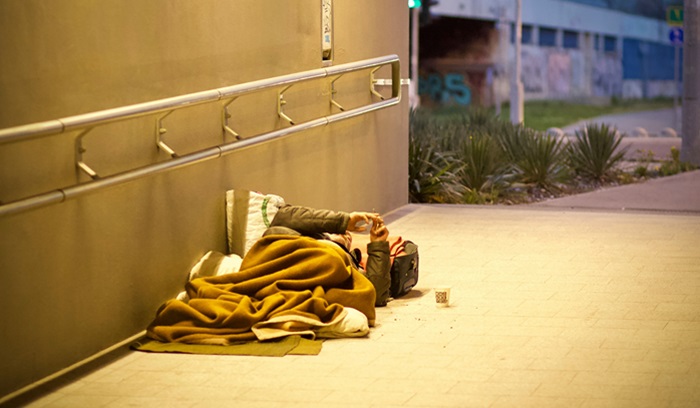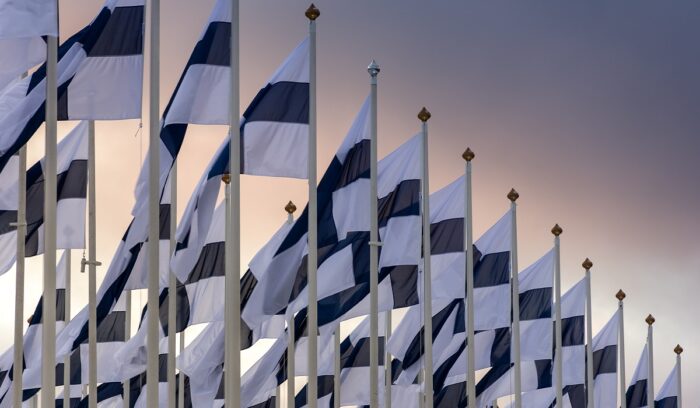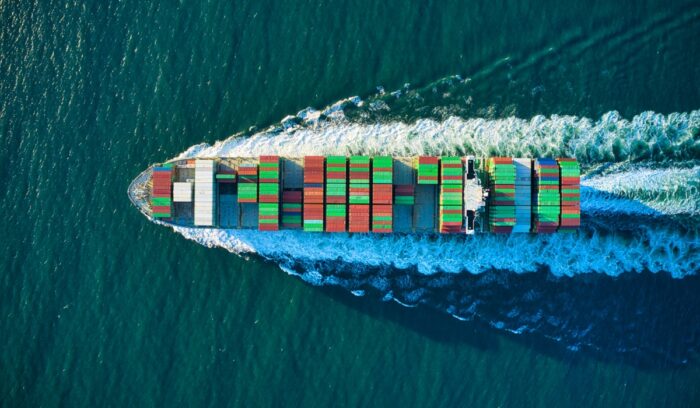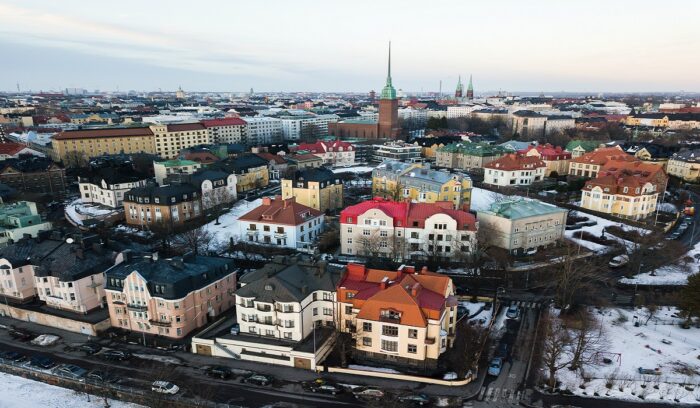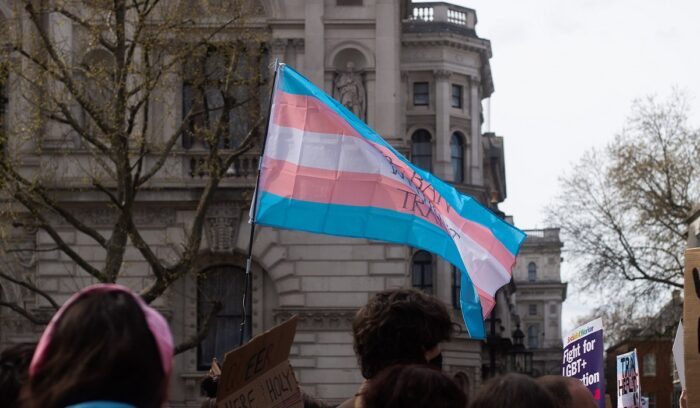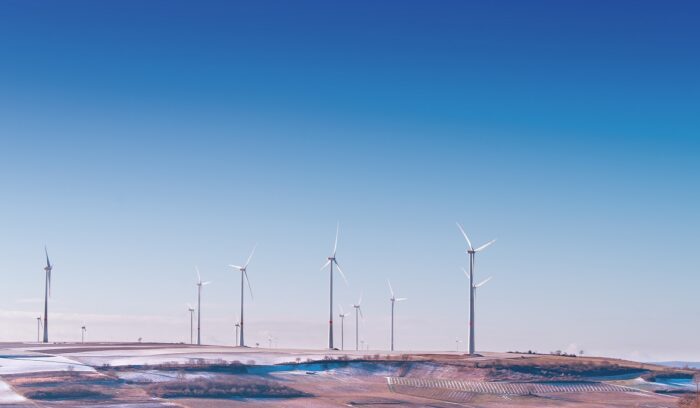Finland estimates that 3,806 citizens are currently experiencing homelessness (about 0.06% of the population). In comparison, over 771,480 Americans were counted as unhoused in January 2025 (about 0.2% of the population). The feat is even more remarkable when noting that Finland’s method of counting homelessness is much more inclusive than other leading countries. In Finland, homelessness statistics include individuals temporarily living with friends and relatives, living in an institution, staying in hostels, congregate shelters, and “rough sleeping” outside on the streets.


